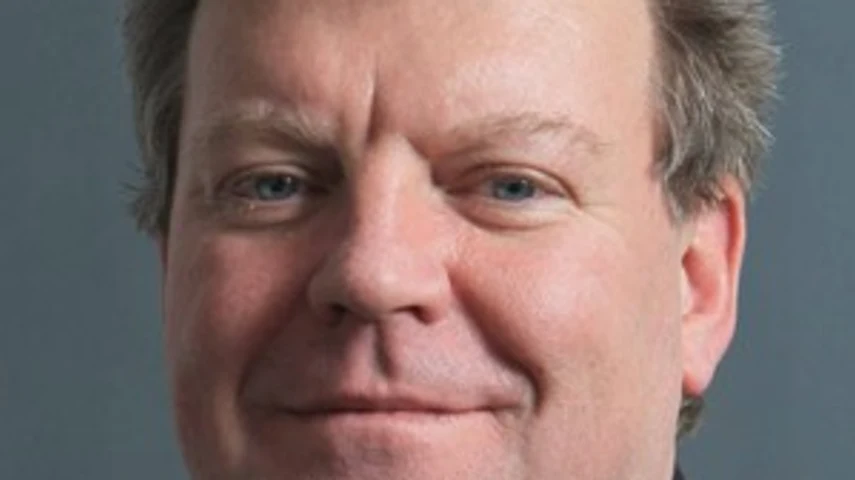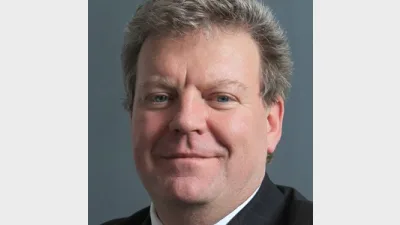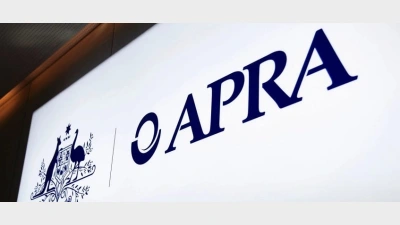Super funds look to alternatives to cut costs



With MySuper regulations pushing superannuation funds to reduce costs, Towers Watson's latest research has found this has driven parts of the industry to seek more cost-effective investment solutions like alternatives.
Based on a survey of the top 100 alternative asset managers globally over the year to December 2012, Towers Watson found that pension fund assets represent over a third (36 per cent) of total global assets under management for the asset managers surveyed, which reached $3.1 trillion in 2012.
Pension funds were followed by wealth managers (19 per cent), insurance companies (9 per cent), sovereign wealth funds (6 per cent), banks (6 per cent), funds of funds (3 per cent) and endowments and foundations (2 per cent).
"The ongoing economic uncertainty is likely to encourage investors away from simply holding equities as their main growth asset and towards a greater use of alternative assets," Towers Watson senior investment consultant and head of manager research Hugh Doherty said.
"We think the effort to diversify in this way is worthwhile, but investors need to be cautious about choosing the best and most efficient vehicles, not forgetting the increasing number of cheaper and lower governance routes for improving investment efficiency such as using smart beta."
Of the top 100 fund managers, 19 Australian managers featured in the survey, with combined funds under management of US$240 billion.
Macquarie Group topped the Australian listings as well as the overall global rankings with $95 billion in assets under management (AUM).
This was followed by AMP Capital Investors, Industry Funds Management, Charter Hall and Colonial First State Global Asset Management.
Recommended for you
APRA’s executive director has urged super funds to strengthen leadership, operational resilience and member focus as public trust in the system faces fresh challenges.
The firm has appointed Aware Super’s Damian Graham as group chief investment officer to unify its life and funds management teams.
Ethical super fund Australian Ethical has announced the appointment of Anthony Lane as chief operating officer.
The structural shift towards active ETFs will reshape the asset management industry, according to McKinsey, and financial advisers will be a key group for managers to focus their distribution.










